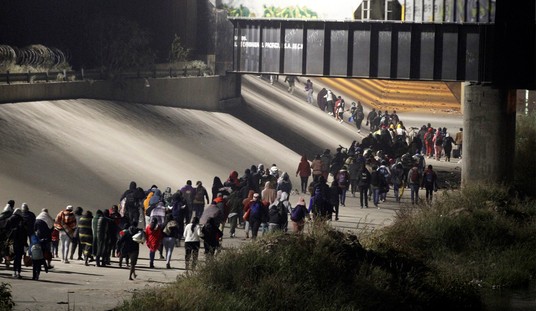Sometimes the Bible isn’t very comforting. So it is with this week’s preferred readings from the Revised Common Lectionary. Isaiah 5:1-7 tells of the landowner so disgusted with the poor production of his vineyard that he deliberately “makes it a waste” by removing its protective hedge and wall and letting it be overgrown. Psalm 80 picks up the same theme, except as told from the point of view of the vineyard, begging God to reverse his punishment upon the vineyard and instead restore it so that it might flourish. Hebrews 11:29-12:2 tells of saints and martyrs who “were stoned to death, they were sawn in two, they were killed by the sword; they went about in skins of sheep and goats, destitute, persecuted, tormented — of whom the world was not worthy. They wandered in deserts and mountains, and in caves and holes in the ground.” Indeed, in this world at least, “though they were commended for their faith, [they] did not receive what was promised.”
And the Gospel (Luke 12:49-56) tells the distressing episode of Jesus saying he did not come “to bring peace to the Earth… but rather division.” He promises that families will war against each other — mother against daughter, son against father, etcetera.
This is depressing. Every bit of it is depressing.
Sure, the Apostle Paul, with his usual redemptive perspective, pivots in the final verses of the readings to say that the saints and martyrs, and Jesus himself, endured their trials “for the sake of the joy that was set before [them],” knowing that God indeed “had provided something better” in the form of His eternal paradise.
Therefore, Paul says, “let us run with perseverance the race that is set before us.”
To which most people, having read the rest of the passages, would pronounce themselves unconvinced and uncomforted. Jesus’ harsh words still ring out: not peace but division, not brotherly love but family discord.
“I came to bring fire to the earth, and how I wish it were already kindled!” Jesus says.
Of course, most of us do not want to burn.
We might not like any of this. At all. But these passages do remind us that God’s message, even in the New Testament, is not just one of happy talk about how it will all be okay in the end. Throughout the Bible, Old Testament and New, God calls us to repent and to sin no more, because “the wages of sin is death.”
It is a death we cannot overcome on our own. Only God can overcome it for us. But it’s far better if we give God a helping hand. The familial divisions Christ brings are not ones He imposes; they are ones produced by our differing responses to His imperatives. Some respond well; they abide by their consciences, prayerfully informed. Those who take the easy way and refuse to do so are the ones fomenting the divisions. Christ asks us to choose which side of the division we will be on.
That’s not comforting at all, but it’s a challenge from which we must not retreat.








Join the conversation as a VIP Member